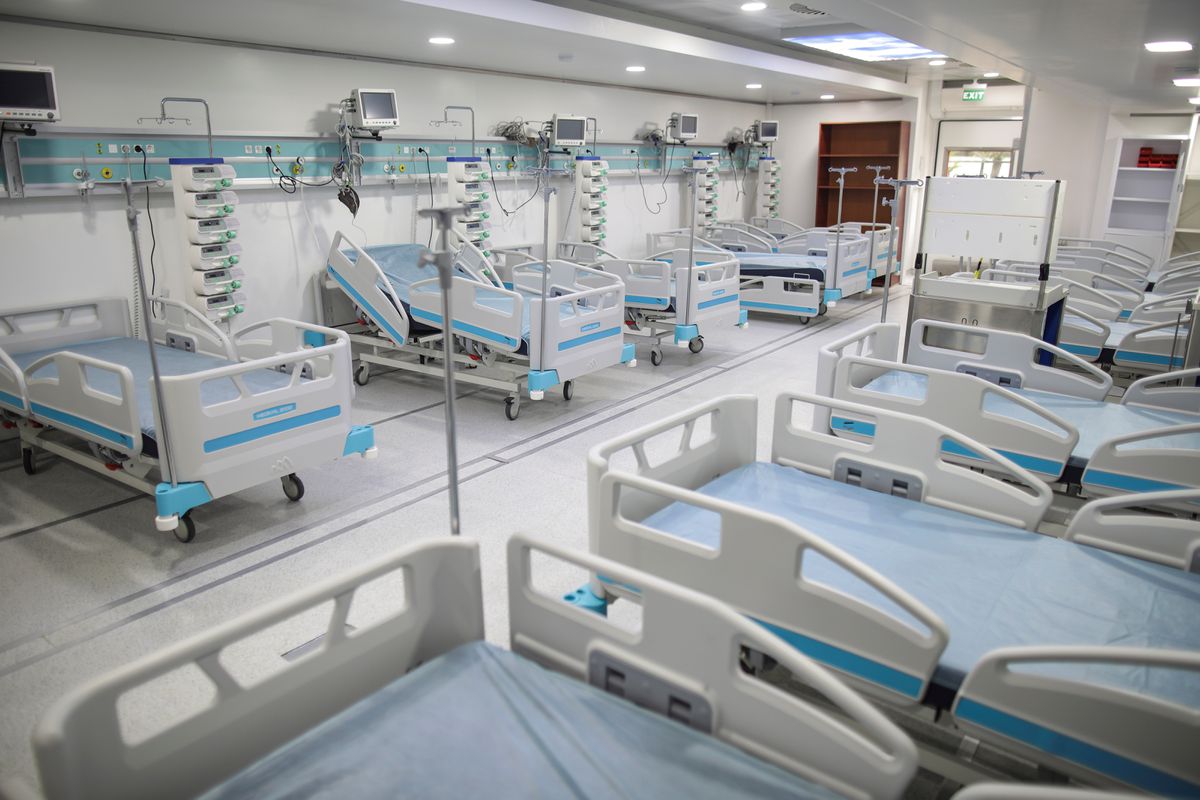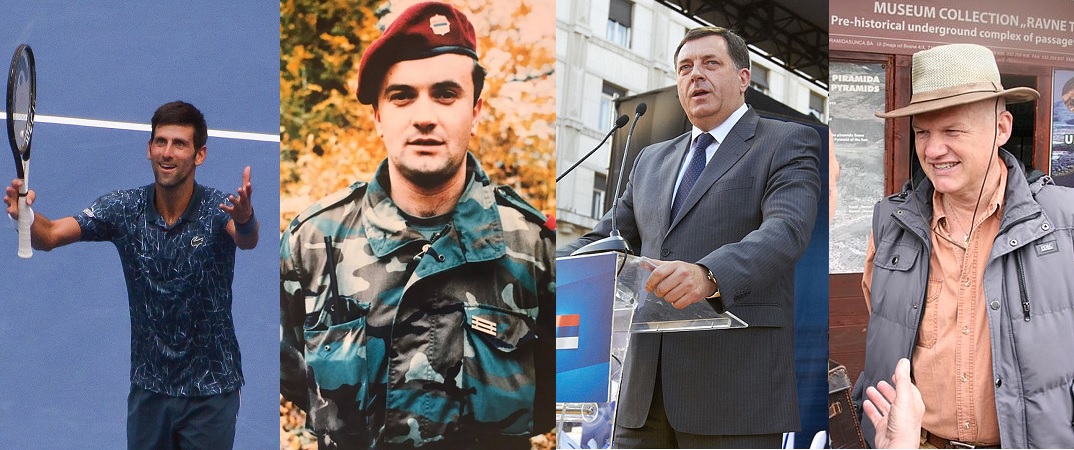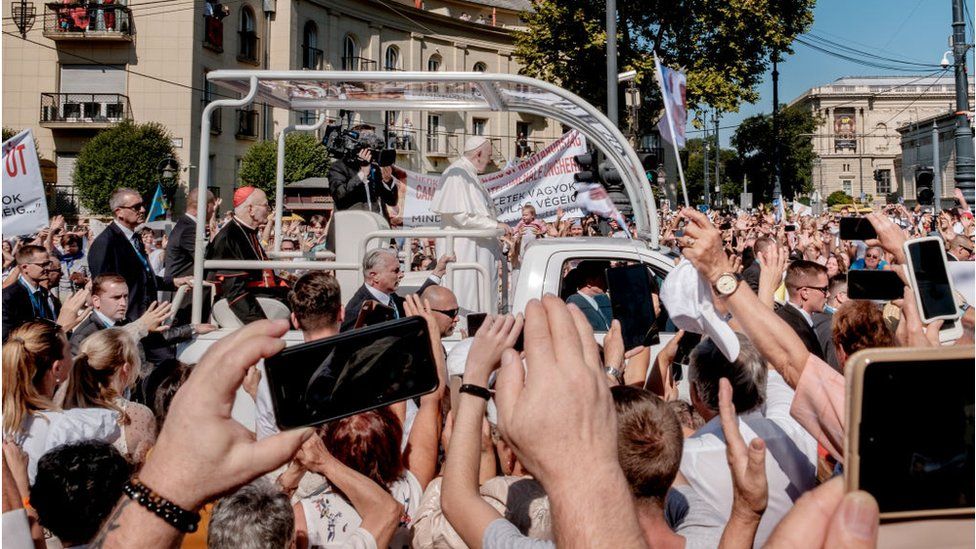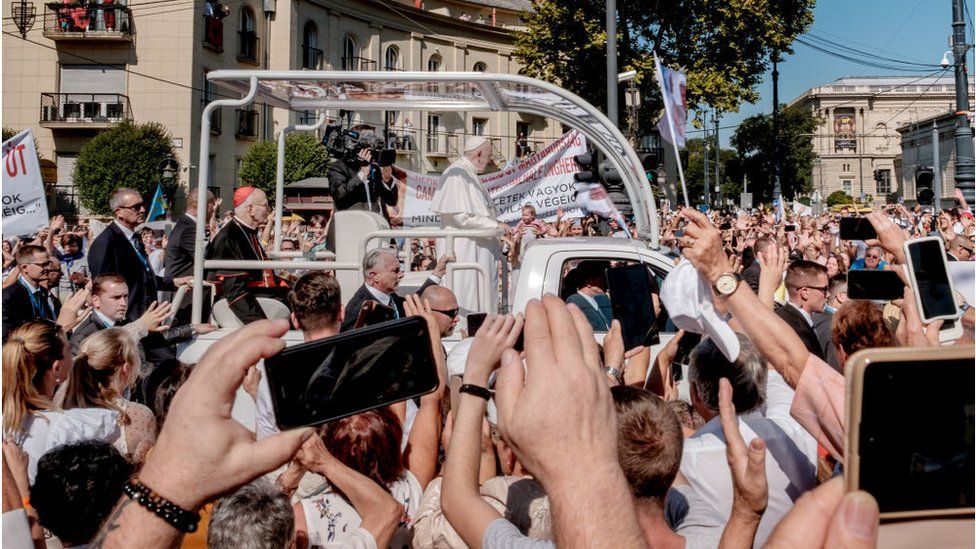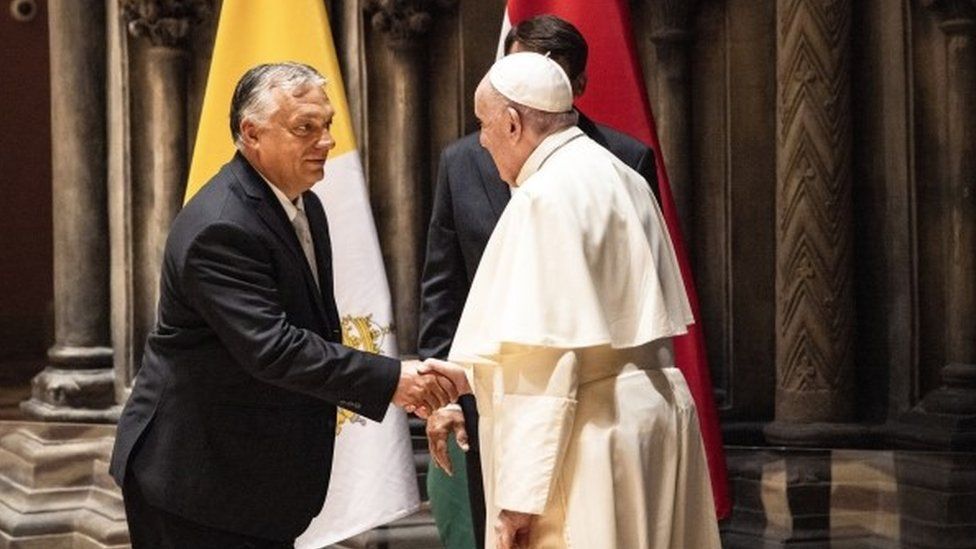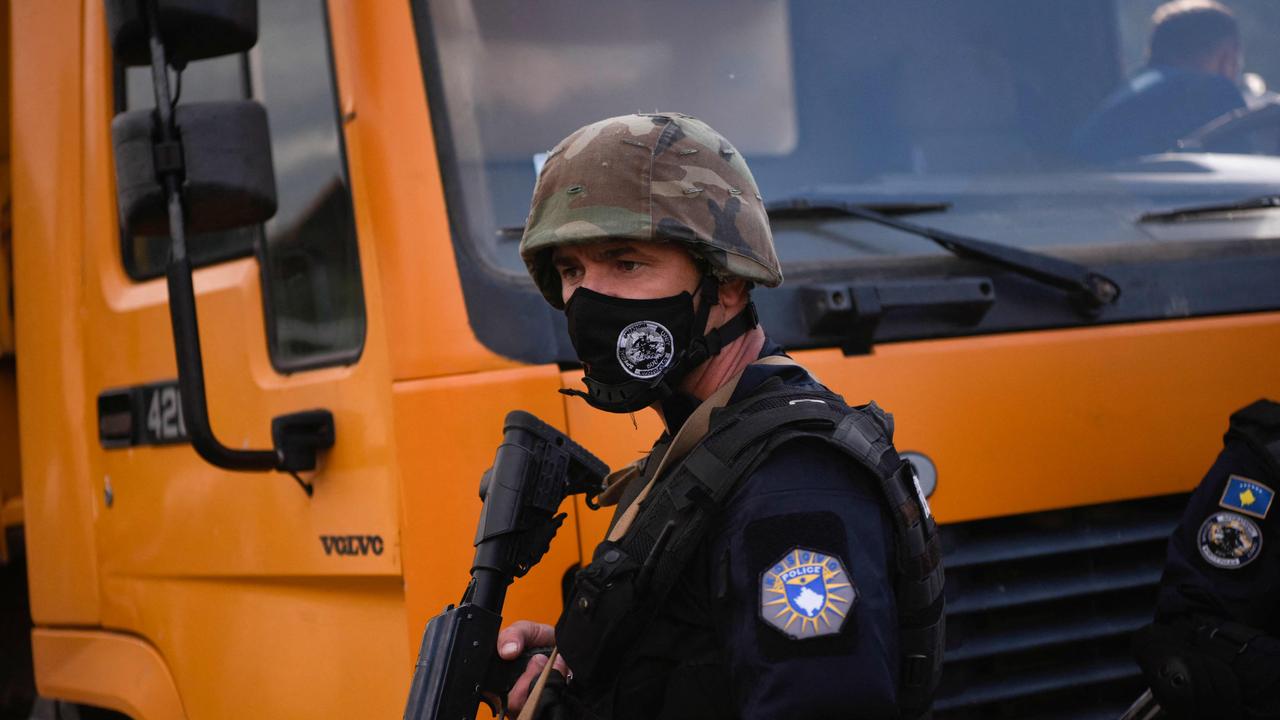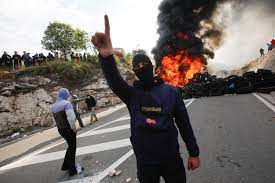After living through three waves of the COVID-19 pandemic without getting sick, 55-year-old Roxana Pascu thought that she was healthy enough to withstand the virus and decided to turn down the vaccine.
Now Pascu, who runs a small business, is one of around 1,040 COVID-19 patients currently in intensive care across Romania where cases have more than doubled over the last week and ICU beds are becoming dangerously scarce.
With the second-lowest vaccination rate in the European Union, Romania is bracing for a fourth wave of the pandemic that looks set to overwhelm hospitals where medical staff are already stretched thin.
“I thought that if I made it through three waves without getting infected, I can make it through another one without a vaccine,” Pascu said, her voice so weak that she could barely speak.Report ad
Whereas the European Union has fully vaccinated 72% of its adult population on the whole, Romania has only managed 34%, exposing entrenched distrust in state institutions, misinformation campaigns, poor rural infrastructure and weak vaccine education.
The government, which eased restrictions despite low vaccine intake, has missed a goal to vaccinate 10 million people by September, with little over 5 million inoculated. About 40% of medical and school staff were not vaccinated and officials have so far stopped short of making it mandatory.
On Wednesday, Romania had only 32 intensive care beds available, and was struggling to add more because of staff shortages. Daily infection rates are nearing a record high of over 10,000 and public health officials this month estimated that Romania could see 15,000-20,000 new daily cases in October. read more
In capital Bucharest, Beatrice Mahler, the manager of the Marius Nasta Pneumology Institute was trying to staff a mobile intensive care unit.Report ad
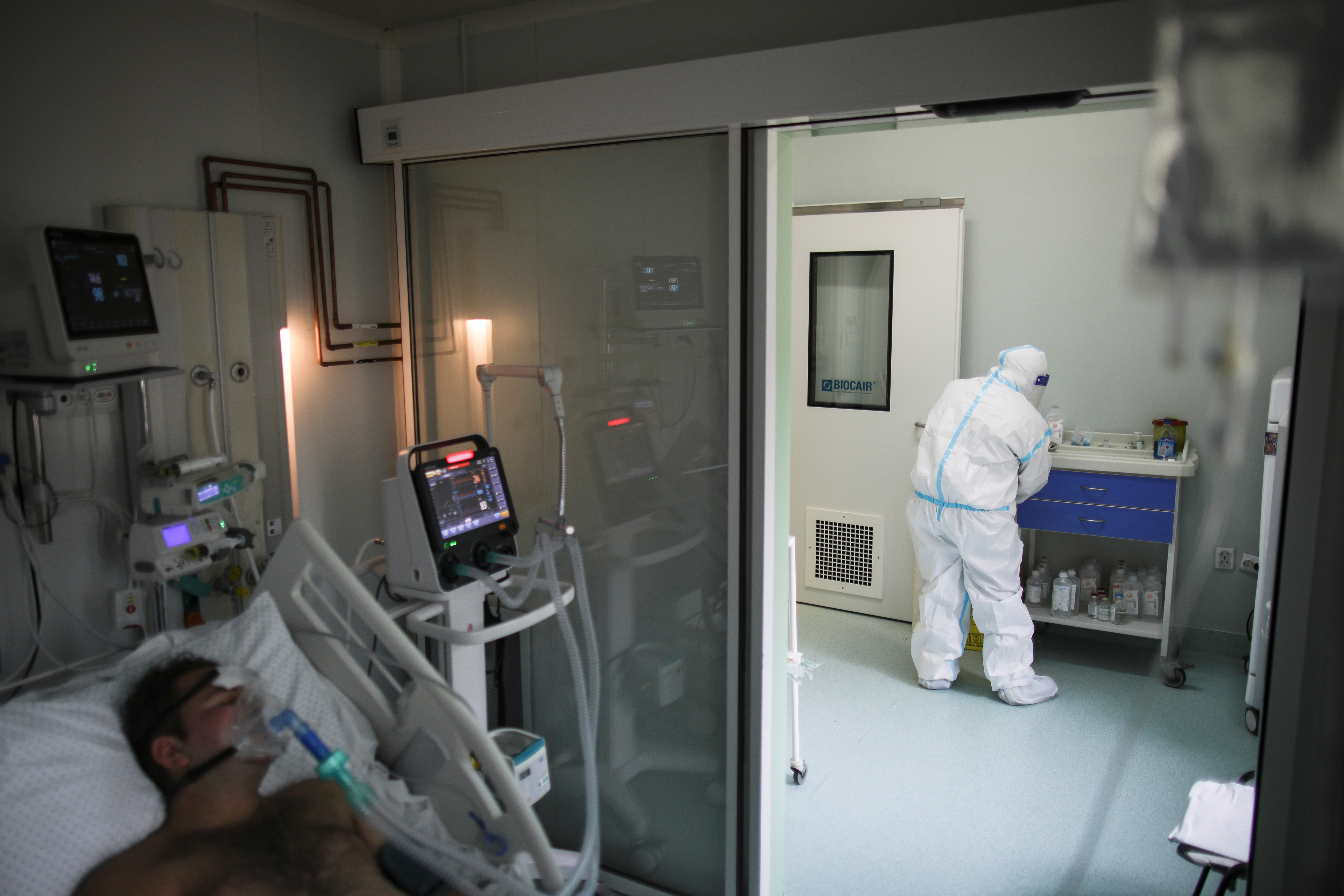
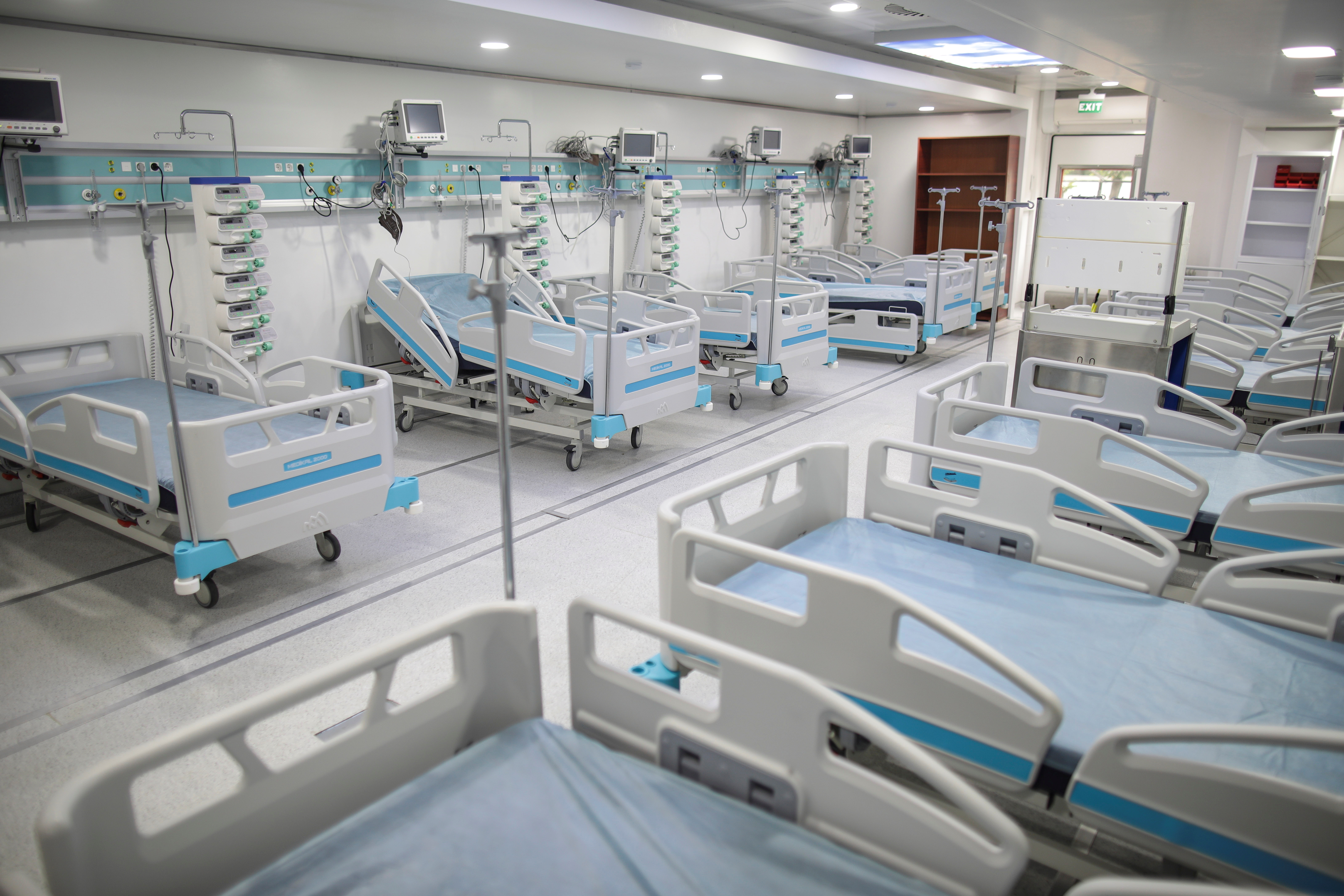
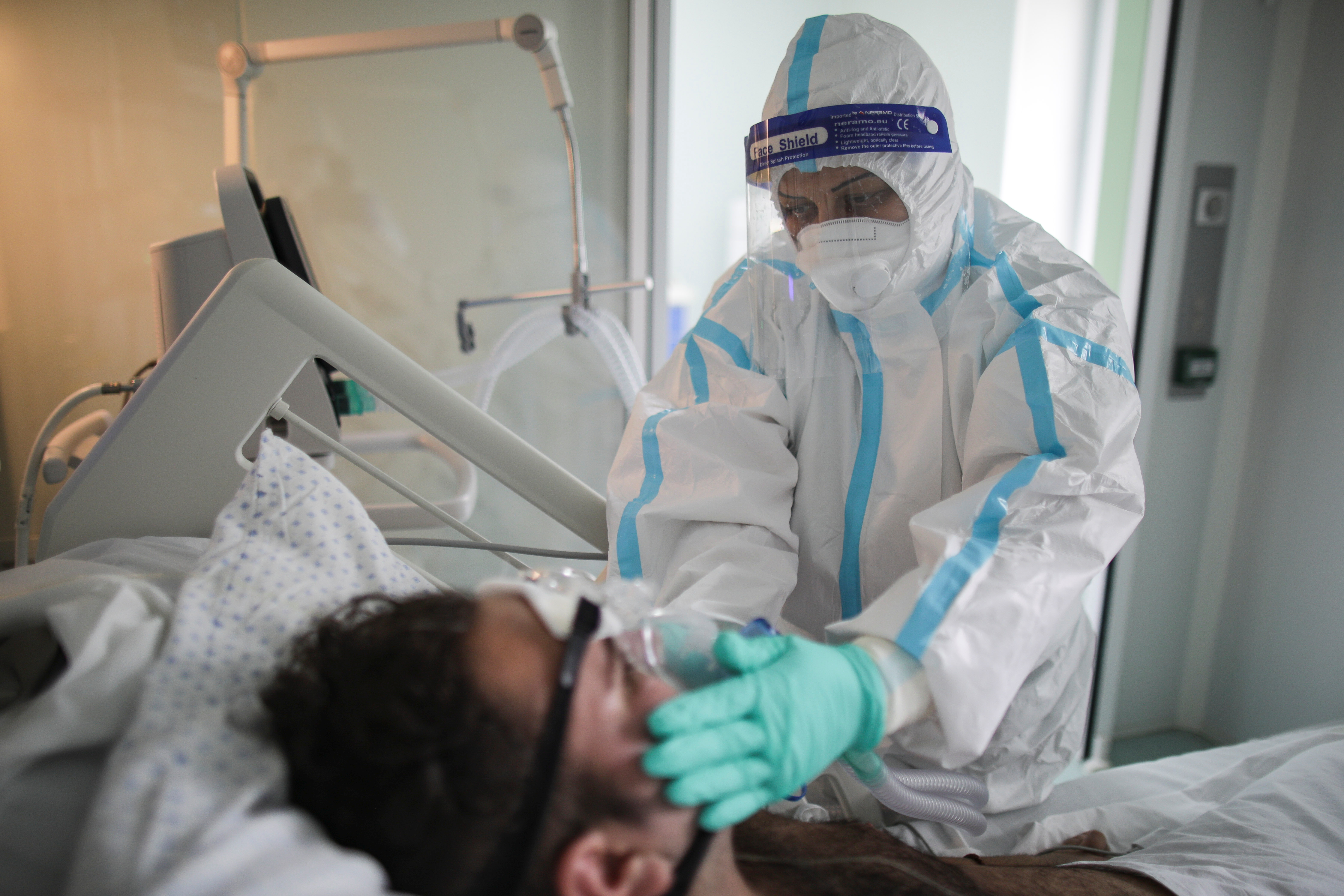
1/5
A general view of the mobile intensive care unit (ICU) being prepared to receive coronavirus disease (COVID-19) patients at Marius Nasta Institute of Pneumology in Bucharest, Romania, September 22, 2021. Inquam Photos/Octav Ganea via REUTERSRead More
“At the moment I have great, great problems in opening these beds, because we can’t work without staff.”
The institute’s morgue is also at capacity and is looking to rent mortuary freezers, she said.
“I am scared because I don’t know how much we can help if there aren’t enough of us,” said Anita Timofte, the institute’s chief ICU nurse. “I … suspect there will not be enough room for how many people will be unlucky to get sick.”
Restrictions including weekend curfews are being reintroduced in cities and villages with high case numbers. Schools are increasingly moving online.
Along with efforts to find more staff and provide more beds, officials plan to send mobile vaccination units to schools and introduced a lottery with vouchers and cash prizes to boost inoculations.
“What is essential is being able to give specialized medical attention to those who need it. The human resource is what limits us,” deputy health minister Andrei Baciu said.
As for Pascu, she plans to get vaccinated after she recovers. So does Raul Adin, a 20-year-old patient gasping for breath through a respirator.
“I 100% plan to get vaccinated,” he said.

